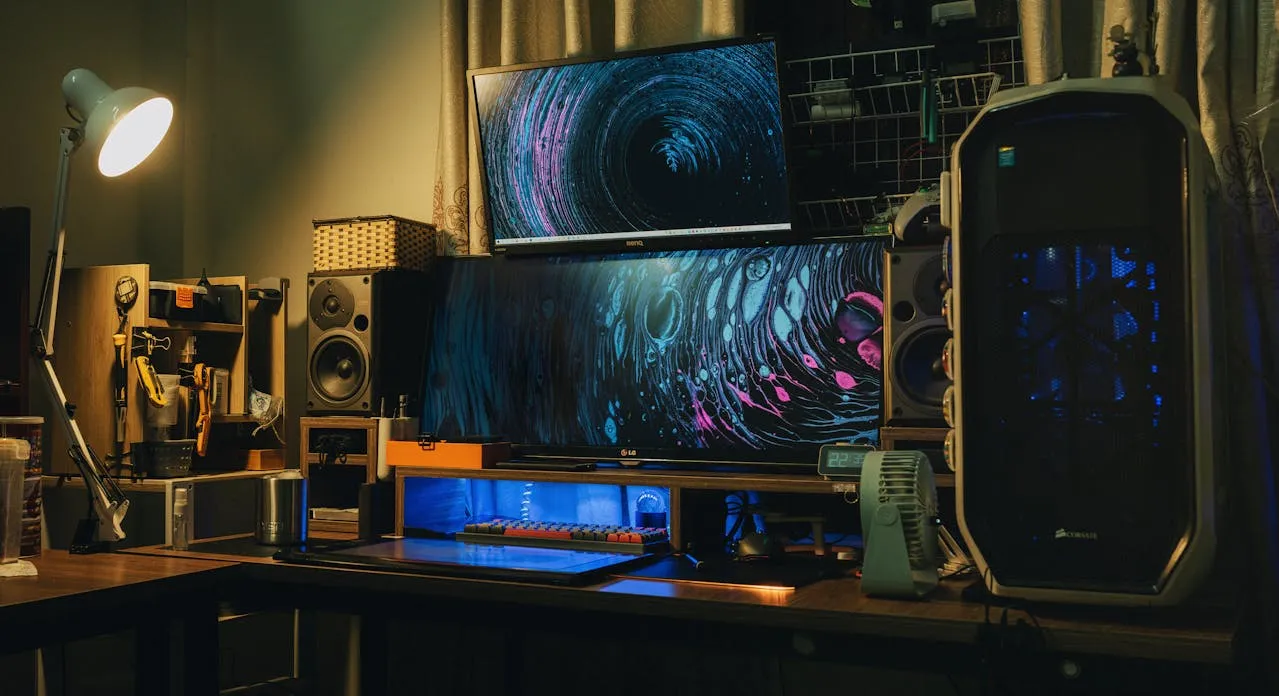How Poland Gaming Landscape is Reshaped in the Recent Years



The gaming landscape in Poland has gone through a profound transformation in the last decade. From being a relatively small regional player to becoming one of Europe’s most dynamic gaming hubs, the country has seen remarkable growth across video games, esports, and online gambling. This shift is fueled by a combination of local talent, supportive policies, global investments, and a rising appetite for both digital and real-money entertainment. The changes are not only economic but also cultural, reshaping how Polish players and companies interact with the global gaming scene.

Growth of Game Development and Online Casino Expansion
The most visible reshaping of Poland’s gaming industry has come from the rise of development studios and the expansion of real-money gaming platforms. While CD Projekt Red’s global success story is well known, many smaller studios have also gained recognition, creating indie games that appeal to audiences worldwide. Parallel to this, the online casino sector has grown significantly, adapting to both domestic regulations and international demand.
Platforms like pistolo represent how Poland’s digital gaming market has diversified. With the popularity of online casinos rising across Europe, Poland has followed suit by offering players access to slots, table games, and innovative live dealer formats. This expansion has been made possible through evolving technology, stronger internet infrastructure, and an increased willingness among Polish players to engage in digital-first gaming experiences.
Esports Becoming a National Phenomenon
Poland’s reputation as an esports powerhouse has become one of the defining features of its modern gaming landscape. Events like Intel Extreme Masters in Katowice have elevated the country’s profile, turning it into a pilgrimage site for fans of Counter-Strike, League of Legends, and Dota 2. These tournaments attract not only Polish fans but also global audiences, positioning the country as a key player in competitive gaming.
The esports boom has also created jobs and inspired a new generation of players. Training academies, gaming houses, and professional leagues have sprouted, giving aspiring Polish talent the infrastructure they need to compete internationally. This institutional support ensures that esports is no longer a fringe activity but a mainstream part of the entertainment ecosystem.
Digital Distribution and Technological Shifts
The rise of digital distribution platforms has also reshaped Poland’s gaming environment. Services like GOG.com, owned by CD Projekt, have become global names, enabling developers and players to bypass traditional retail hurdles. The shift to digital has given smaller Polish studios the chance to publish their work directly to international audiences, increasing competition and visibility.
Technological trends such as cloud gaming, virtual reality (VR), and augmented reality (AR) are gradually being integrated into Polish studios’ work. These innovations allow developers to expand their creative boundaries, while players gain access to richer, more immersive experiences. The adaptability of Polish studios to global technology shifts highlights the country’s agility in staying relevant in a competitive international market.
Economic Contribution and International Investment
Poland’s gaming sector has grown into a significant contributor to the national economy. Industry reports indicate steady increases in revenue, largely driven by exports of Polish-made games and the growing online gambling sector. Thousands of jobs have been created across development, marketing, customer support, and esports-related roles, cementing gaming as a stable pillar of the Polish digital economy.
International investors have also recognized Poland’s potential. With lower operational costs than many Western European nations but equally skilled talent, the country has become a destination for gaming startups and established brands. Partnerships with global companies provide Polish developers access to funding, resources, and distribution channels that amplify their global reach.
Cultural Identity and Global Storytelling
The reshaping of the industry has also had cultural implications. Many Polish games weave in folklore, history, and mythology, giving players around the world a glimpse into local traditions. Titles that draw on Slavic mythology, for example, have become particularly popular, blending cultural identity with compelling gameplay.
Online gambling platforms, including casinos like pistolo, contribute to this cultural export in a different way. By offering multilingual platforms and catering to international audiences, they represent Poland’s ability to merge entertainment with a global digital economy. These services showcase Polish adaptability in providing not only narrative-driven games but also real-money entertainment that resonates with global trends.
Education, Skills, and Workforce Development
To sustain growth, Poland has invested in education and training programs that prepare the next generation of gaming professionals. Universities now offer specialized courses in game design, programming, digital art, and interactive media. Many institutions collaborate with leading studios, ensuring that students gain practical experience alongside academic training.
This focus on workforce development strengthens Poland’s position as a talent-rich environment. Graduates are not only employed domestically but also find opportunities abroad, raising the profile of Polish expertise within the global gaming industry. Such developments ensure that the country’s reshaped gaming landscape is sustainable and future-oriented.
Government Support and Regulatory Shifts
Government policies have also played a pivotal role in shaping the sector. Tax incentives, grants, and European Union programs have supported local studios in developing competitive projects. The Polish government has increasingly acknowledged gaming as both a cultural export and an economic asset, promoting it as part of the country’s digital future.
On the online casino front, regulations continue to evolve. Poland has taken steps to modernize its gambling laws, striking a balance between consumer protection and market growth. This framework has allowed licensed operators to function legally while also creating opportunities for international brands to engage with Polish players. The result is a more structured, transparent environment that benefits both companies and consumers.


